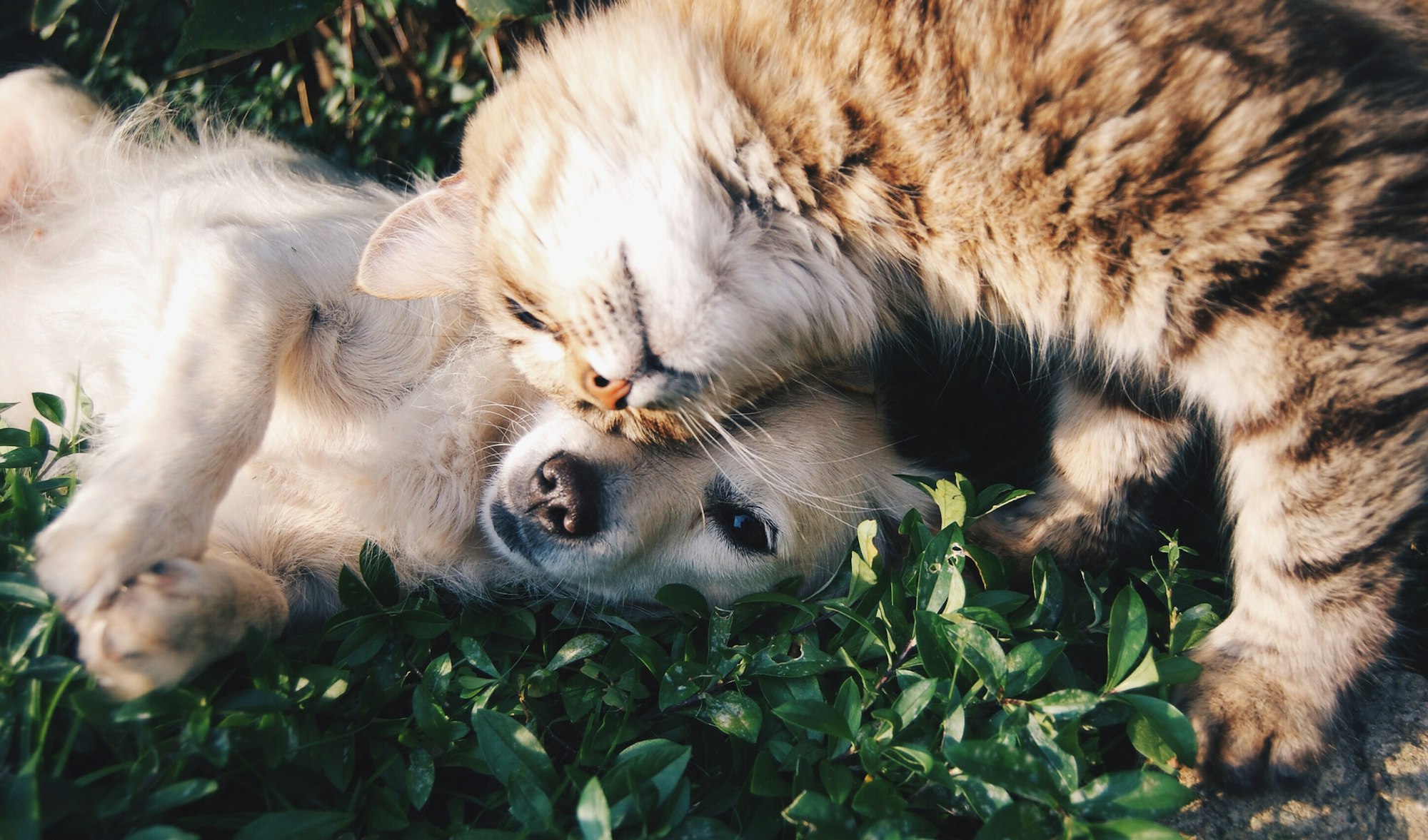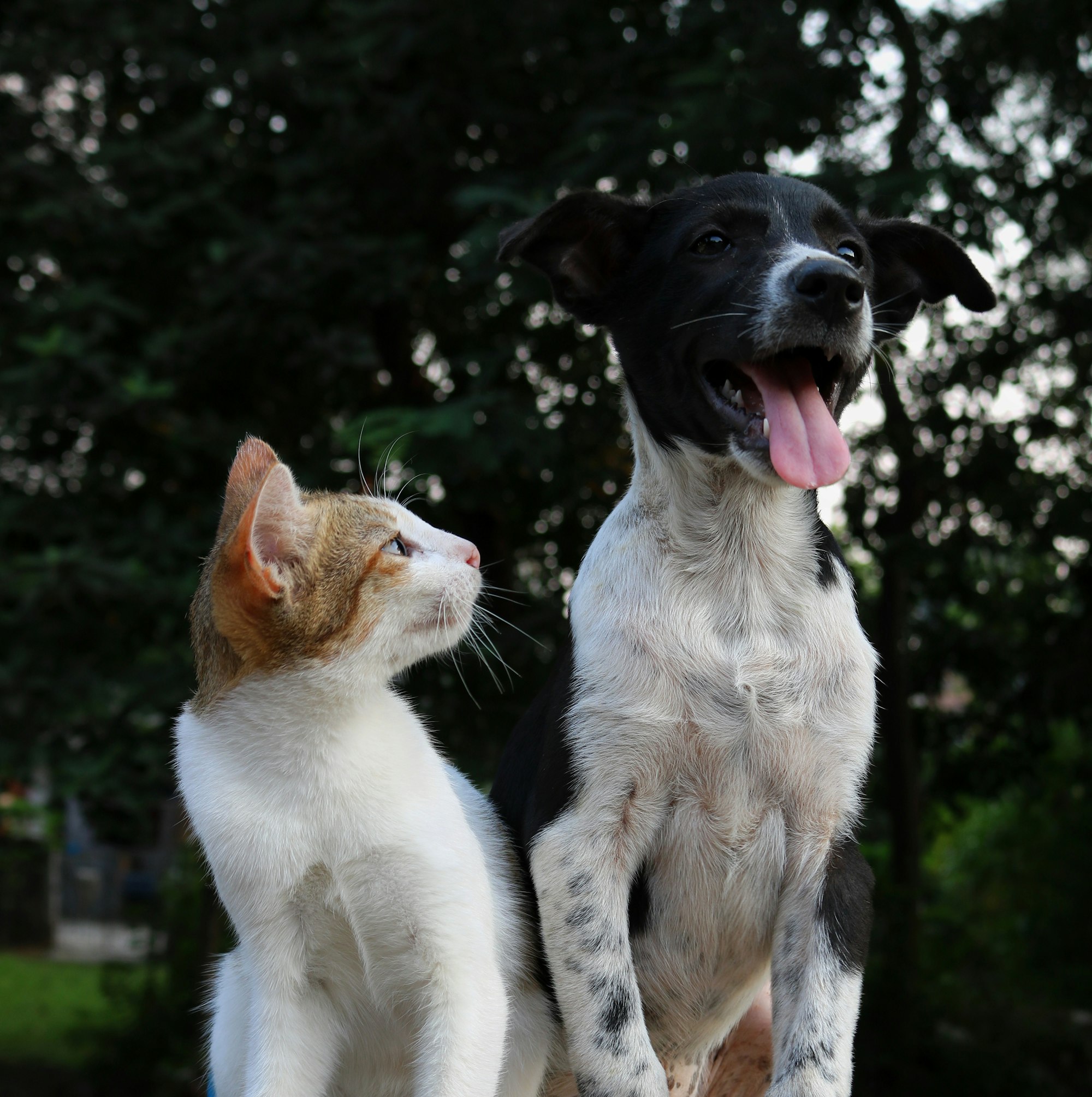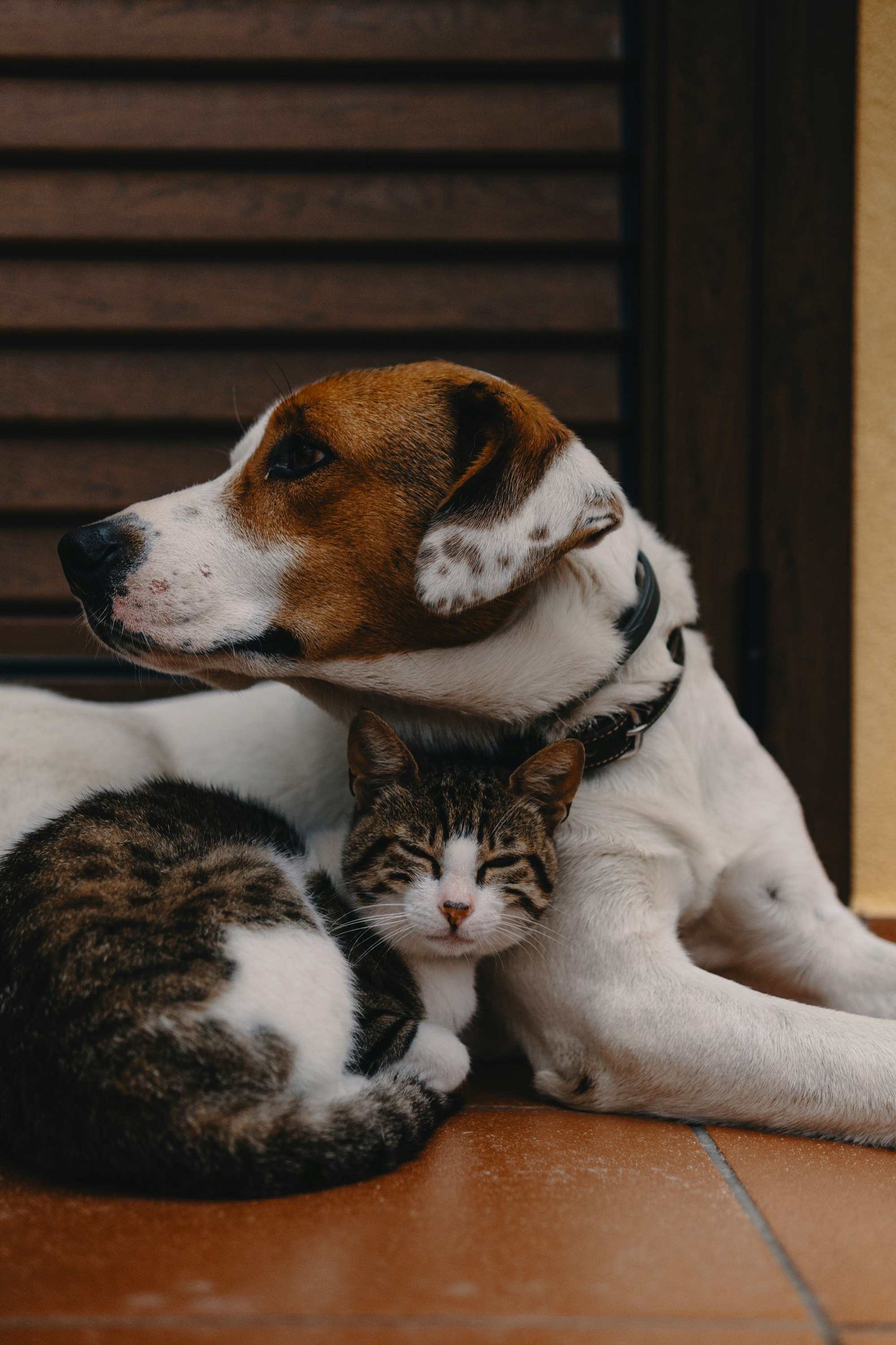Catnip, the fun little stimulant akin to marijuana for cats, is a psychoactive plant in the mint family that can elicit intense reactions in felines. But does it do anything for your pooch? A lot of people wonder what catnip may do to dogs, and while it’s not impossible that some dogs might respond to the plant, it is highly unlikely that they would experience anything similar to what cats do.
But as always, there's more than meets the eye. So let's dive in so we can answer the question: what does catnip do to dogs?
Frequently Asked Questions
Is catnip safe for dogs?
Yes, catnip is generally safe for dogs. Both fresh and dried versions of catnip are considered safe for dogs, although eating a lot of it may cause stomach upset. Catnip contains beneficial ingredients such as magnesium, vitamins, tannins, flavonoids, and essential oils that can help with anxiety and improve sleep in dogs.
How does catnip affect dogs?
Dogs experience the effects of catnip differently than cats. While catnip stimulates cats and makes them playful, it acts as a sedative in dogs. Catnip can help dogs relax, wind down, and recover from stressful experiences.
How should I give catnip to my dog?
You can sprinkle approximately 1/2 teaspoon of catnip over your dog's food or give it to them in capsules. It is recommended to start with a small amount and gradually increase the dosage based on your dog's response. Offer catnip to your dog a few times a week rather than on a daily basis. You can also integrate catnip into interactive toys like snuffle mats to provide cognitive stimulation for your dog.
Is there a specific catnip toy for dogs?
Yes, the Chouchou toy by Merci Collective is a dog-specific catnip toy made with natural and eco-friendly materials. It is made of heavyweight canvas and hypoallergenic stuffing, and it contains catnip that is safe for dogs. The Chouchou toy is designed to provide anxiety relief for dogs.
Are there any risks or contraindications associated with giving catnip to dogs?
While catnip is generally safe for dogs, it is important to be familiar with your specific dog's reactions and any contraindications. Some dogs may have no response to catnip, while others may experience mild sedation. It is recommended to consult with a veterinarian before giving your dog catnip, especially if they have any underlying health conditions or are taking medications.
Can catnip be used as a substitute for other anxiety-relieving products for dogs?
Catnip can be beneficial in helping relax and calm dogs with anxiety, but it may not be suitable for all dogs or situations. It is best to consult with a vet who may recommend other products such as dog pheromones or anti-anxiety supplements. Every dog is different, and a vet can provide professional advice tailored to your dog's specific needs.
Can Dogs Have Catnip?
If you're looking for a stimulation strategy for your dog, you're not going to find it in catnip. While your dog can safely eat a small amount of catnip, it's not likely to have much of an effect. Catnip is a member of the mint family and contains a chemical compound called nepetalactone, which is an active ingredient that triggers a response mainly in cats. Because dogs do not have the same sensitivity to this compound, catnip is unlikely to do anything for your pup.
In fact, it will likely have the opposite result. For many dogs, catnip acts as a sedative, or even a mild tranquilizer, and can cause drowsiness and reduce anxiety. When eaten in large quantities, catnip can even cause vomiting and diarrhea in some dogs.

If you're looking to give your pup something to stimulate their senses, consider purchasing an interactive toy or puzzle. This can be both fun and mentally stimulating for your pup, as well as providing them with some well-deserved exercise.
What Is Catnip?
When it's fresh, catnip is an herb from the mint family. It has a strong scent and flavor, and it contains a chemical called nepetalactone, which is an essential oil that cats find attractive and can easily pick up on. Catnip can produce reactions ranging from mild pleasure and contentedness to enthusiastic frenzy in cats, which usually lasts for about 15 minutes. It does not affect all cats and those that are affected will not necessarily react to it every time.
Age, health and genetic factors can influence a cat's responsiveness to catnip, and some cats may show no response at all. Researchers believe cats react to catnip because the nepetalactone molecule binds to the same receptor in the brain that responds to other happy-inducing cat pheromones, so catnip essentially mimics the chemical signals cats use to communicate. Catnip can be purchased as a dried leaf, spray or pellet form.
Generally, the fresher the catnip the stronger the reaction. When catnip is dried, it can still elicit a positive reaction, because the essential oil is still present, though it may not be as strong. Many cats will become addicted to or have an increased appetite for catnip, so it is important to not give a cat too much. Depending on the cat, even sparse amounts may be necessary in order to prevent your cat from becoming overly enthusiastic and potentially hurting themselves.
Dogs, however, do not react to catnip in the same way. It produces a calming effect in them, so it can be useful in helping to reduce anxiety and calm a skittish pup as well as act as a natural flea repellent.
How Do Dogs React to Catnip?
When it comes to our furry friends, catnip works inversely on dogs than it does on cats. Rather than making them overly energetic, catnip works as a sedative and can help calm anxious pups. If your pup is having trouble with their anxiety, it may be beneficial to give them catnip or a CBD product for calming. Additionally, for other pups that don’t have regular bouts of anxiety, catnip could potentially be used if they are in an overly stressful situation, such as a visit to the vet or during a holiday with a lot of fireworks.
Before using catnip on your pup, consult your vet for their professional opinion on the matter. They will be able to discuss the potential benefits and risks of using catnip on your pet and determine if it is suitable for your pup as well as the appropriate dosage. Have a talk with your vet before testing out this remedy on your pup. No matter what decision you make, it can’t hurt to have your vet’s opinion on the matter.

How Does Catnip Affect Cats?
Catnip is a natural herb that has a powerful effect on cats. It contains an active ingredient called nepetalactone which cats find irresistible. When a cat smells the nepetalactone, it will start to act erratically, rolling around, running, meowing, and purring. The effect can last from a few minutes to up to half an hour. Catnip does not cause any long-term side effects and it is not addictive.
Does Catnip Have Any Effect on Humans?
No, catnip does not have any effect on humans. Despite being classified as an herb, catnip has no direct effect on humans. The active ingredient in catnip, nepetalactone, affects cats but does not bind to the receptors in the brains of humans.
The Benefits of Catnip for Dogs
Curious as to how catnip can benefit your four-legged friend? Here are some of the benefits that catnip can offer to your pup.
Better Sleep
Catnip has a calming effect on dogs and can help your pup drift off to sleep. Studies suggest that catnip can help your dog relax and drift off to sleep more easily than other popular dog sedatives.
Anxiety Relief
The relaxing effect of catnip can also help reduce anxiety in dogs. It can be used as a natural remedy for a variety of common dog anxieties such as separation anxiety, fear of loud noises, or fear of other animals.
Stomach Soothing
Catnip can help soothe an upset stomach in dogs. It has anti-inflammatory properties and can help reduce vomiting and diarrhea.
Help with Healing
The anti-inflammatory properties of catnip can also help with healing. Catnip can help reduce swelling and inflammation associated with minor injuries and can even help reduce the pain and itchiness of bug bites and other skin irritations.
Natural Pest Repellent
Catnip has a natural scent that can help repel fleas, ticks, and other pests. It can be used in place of chemical-based flea treatments and can be used to protect your pup from annoying pests. The pleasant smell of catnip will also keep your pup smelling fresh and clean!

How to Give Your Dog Catnip
- Make sure your dog is safe with catnip. Not all dogs react positively to catnip, so be aware of any negative behavior. Also, long-term use of catnip can make the effects diminish over time.
- Choose the right catnip. Catnip comes in a variety of forms — dried leaves, ground dried leaves, sticks or spray. Organic catnip has been known to give the best effect.
- Introduce the catnip. Start off by giving your dog a small amount of catnip. You can sprinkle it in your dog’s food or simply rub it onto him. Observe him carefully as he reacts to the catnip.
- Increase the amount. If your dog enjoys the catnip, you can increase the amount gradually, but always be sure to observe his reactions and use caution.
- Watch for side effects. Catnip can also make some dogs vomit, act agitated or aggressive, or become overly tired. Discontinue use if you notice any of these side effects.
Final Thoughts
Catnip does not only have to be used for cats, it can be beneficial for dogs too. Not only does it contain vitamins and minerals that can help keep your pup’s digestive system healthy, but it can also be used to help calm down anxious dogs, improve their sleep cycle, and even be used as a flea repellent.
When it comes to incorporating catnip into your pup's life, make sure to consult with a vet first, so they can provide the right guidance. With their help, you’ll be able to determine if catnip is the best solution for your four-legged friend and how to go about it.

